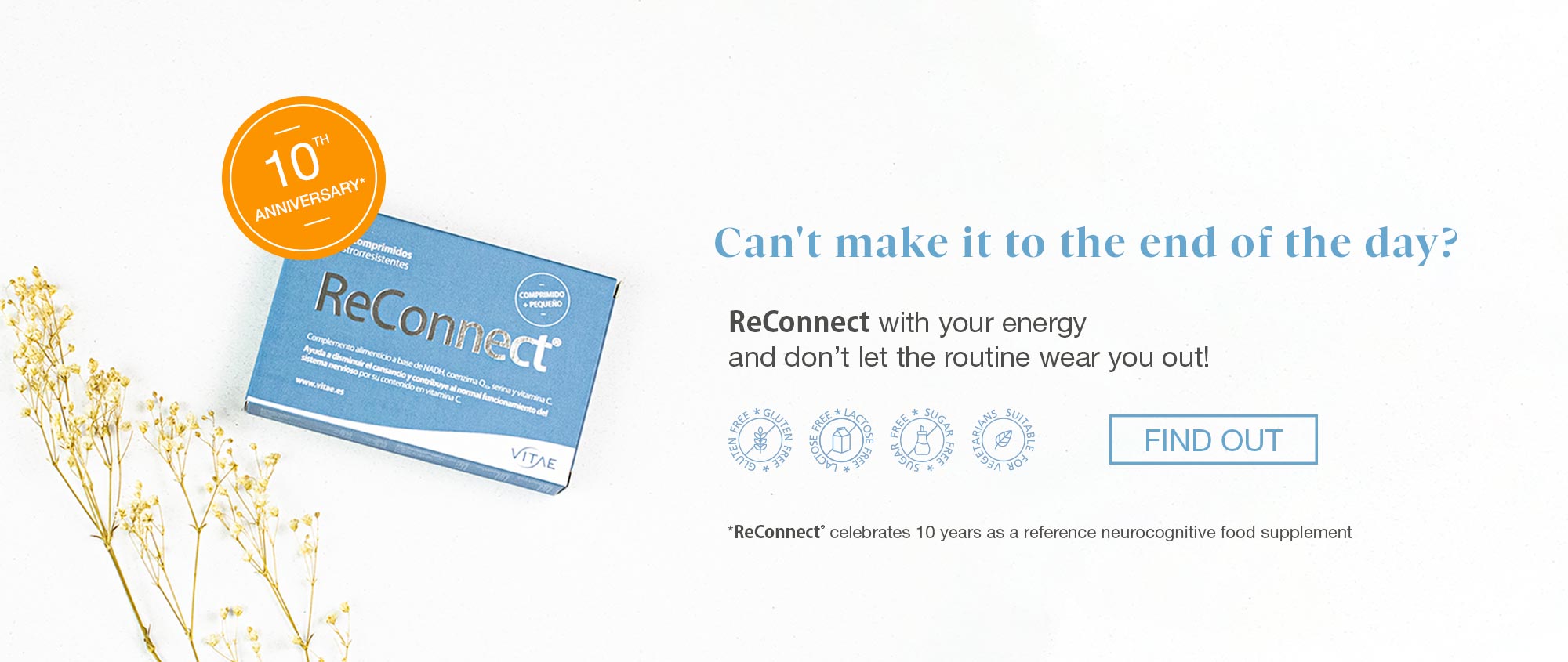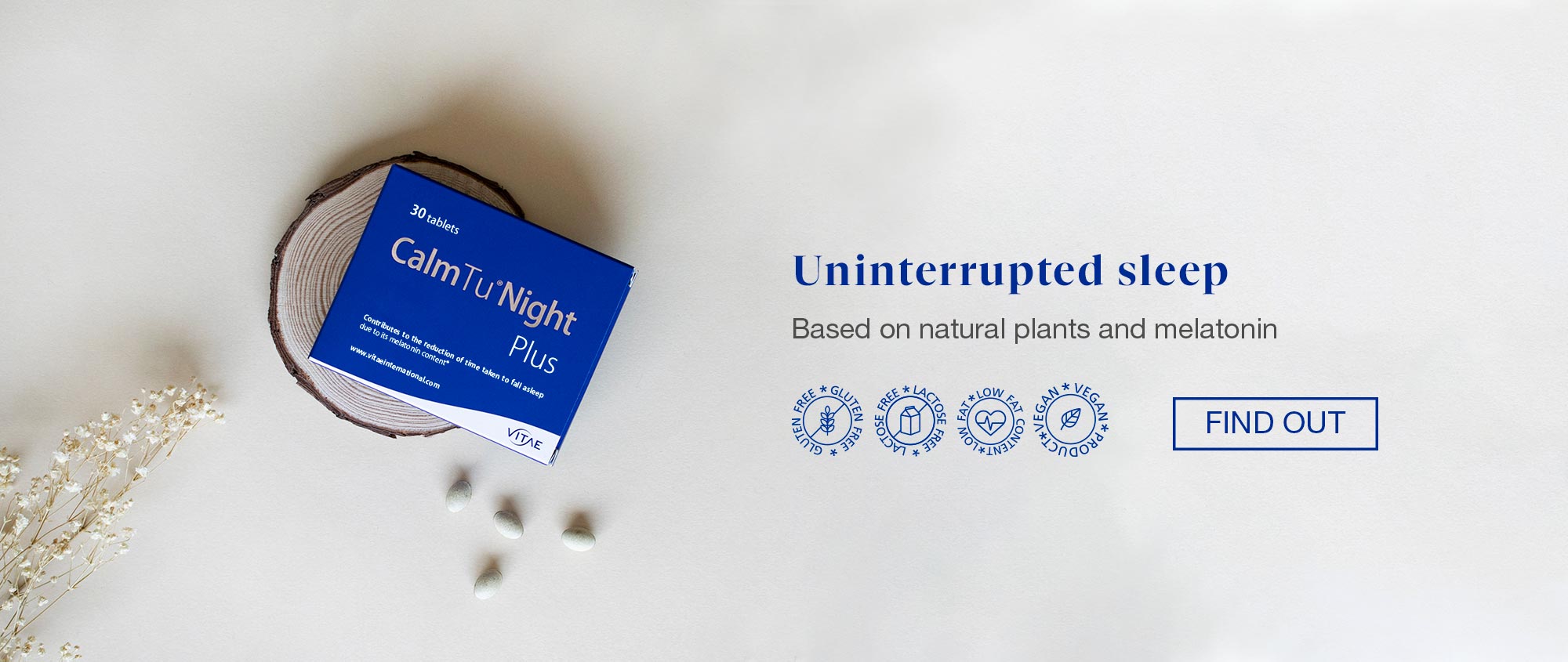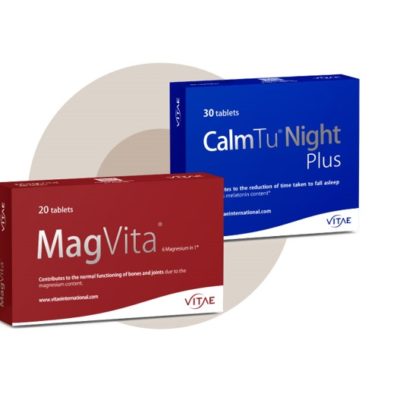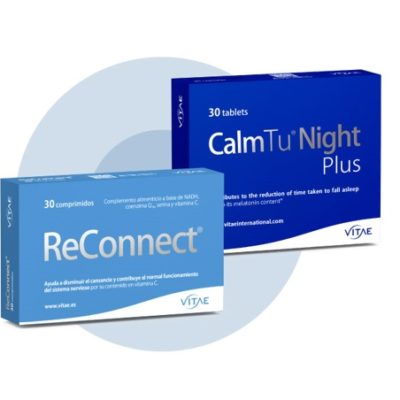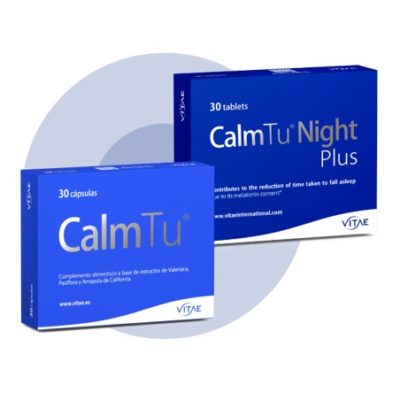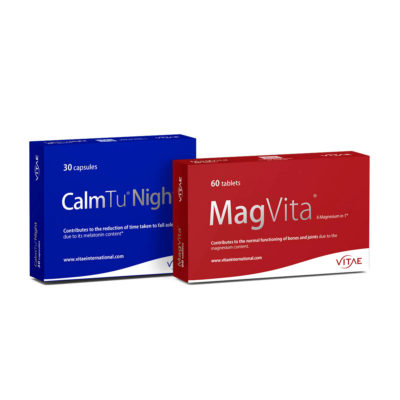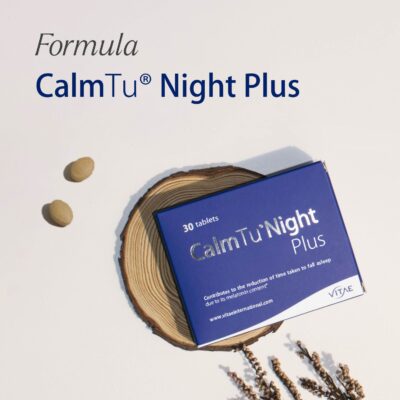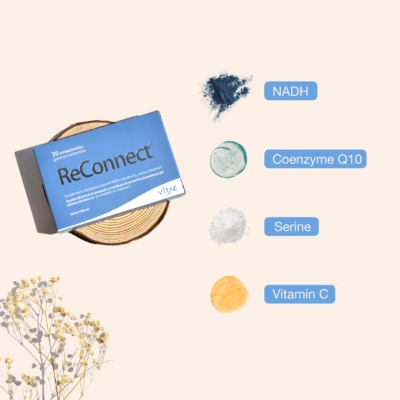Energy is essential for well-being and health. Energy helps us stay physically active, reduce stress, anxiety and depression, fuel our minds and keep us motivated. Regular exercise is a great way to increase energy and improve health and well-being. Exercise increases blood circulation, which improves mental and physical well-being. Physical activity also helps improve sleep quality and promote healthy weight loss. Nutrition is another way to increase energy. Eating a balanced diet of fresh fruits and vegetables, lean protein, and healthy fats can increase energy and improve health and well-being. It is also important to get adequate rest to get good energy. Rest keeps us healthy and prepares us for the next day. In this article, you will know how energy works in your body and the difference between metaboic and physiological energy.
How does energy work in our body?
Are you tired all the time? Do you notice that your body weighs you down? Do you feel that you arrive at the end of the day mentally tired? That’s because you lack energy. Energy is a fundamental concept in the functioning of our body. Without it, our cells could not perform the functions necessary to keep us alive. So how does energy work in our body? The energy in our body comes from the food we eat. When we eat, our body breaks down the nutrients and they are used as a source of energy.
Metabolic and Physiological energy
The energy that human beings use for their vital processes are classified into two types:
- Metabolic energy: it is that generated by living organisms, thanks to chemical oxidation processes of ingested food. Metabolism is the set of chemical reactions that cells carry out to obtain energy in the form of ATP (adenosine triphosphate, a molecule that provides energy for cellular processes, including protein phosphorylation).
- Physiological energy: it is also called activity energy and is necessary to carry out physiological functions, from breathing, active and resting muscle strength or mental activity, to physical exercise. This energy is generated from the Krebs cycle in all cells of the body, specifically within the mitochondria. It is used to carry out all the biochemical, endocrine, muscular, neuronal and mechanical functions that require energy.
What does the body need to produce energy?
The body needs nutrients such as carbohydrates, fats, and proteins to produce energy through a process known as metabolism. It also requires oxygen, essential vitamins and minerals to support metabolic processes.
The energy intake that is consumed mainly at the mental level (nervous system) is not so much that obtained directly from nutrition (fats, carbohydrates, proteins, etc.) but is the final result of a series of processes that occur in the body, ending in the generation of ATP. That is why depending on the physical and mental activity that you do during the day, the diet may not be enough and then you can support it with food supplements.
How much energy does the human body need?
The amount of energy used by the body depends on several factors such as age, gender, height, weight, level of physical activity, and metabolism.
On average, a sedentary adult uses about 1,600-2,000 calories per day to maintain basic body functions. However, if a person is very active, they may need to consume between 2,400-300 calories.
It is important to note that the body also uses energy to process the food we eat, known as the thermic effect of food. Therefore, the amount of energy that we consume also influences the amount of energy that our body uses.
The organ in the human body that consumes the most energy is the brain. Although it only represents 2% of body weight, it uses approximately 20% of the body’s total energy at rest, mainly to maintain functions such as memory, thinking and attention. Everything else is consumed when we make physical efforts in our day to day.
Therefore, if you want to feel full of energy and at the end of the day feel that you have been able to do everything and still can with more, we recommend you follow the following tips:
- Consume a balanced and healthy diet rich in iron.
- Eat at regular times.
- Sleep well.
- Drink more water.
- Food supplements, essential to ensure that the body and brain have the nutrients to generate energy and can function properly.
Vitae solution
At Vitae we like to take care of you, and that is why we introduce you our products so that you forget about physical and mental fatigue, and so you can enjoy every second of the day.
Reconnect ® is a combination based on NADH (Co-E1), coenzyme Q10, serine and vitamin C , which thanks to the synergy of its components helps improve physical and mental performance. It is clinically tested.
Calm Tu Night Plus , a food supplement that will help you have a rest without interruptions thanks to melatonin and its natural ingredients


